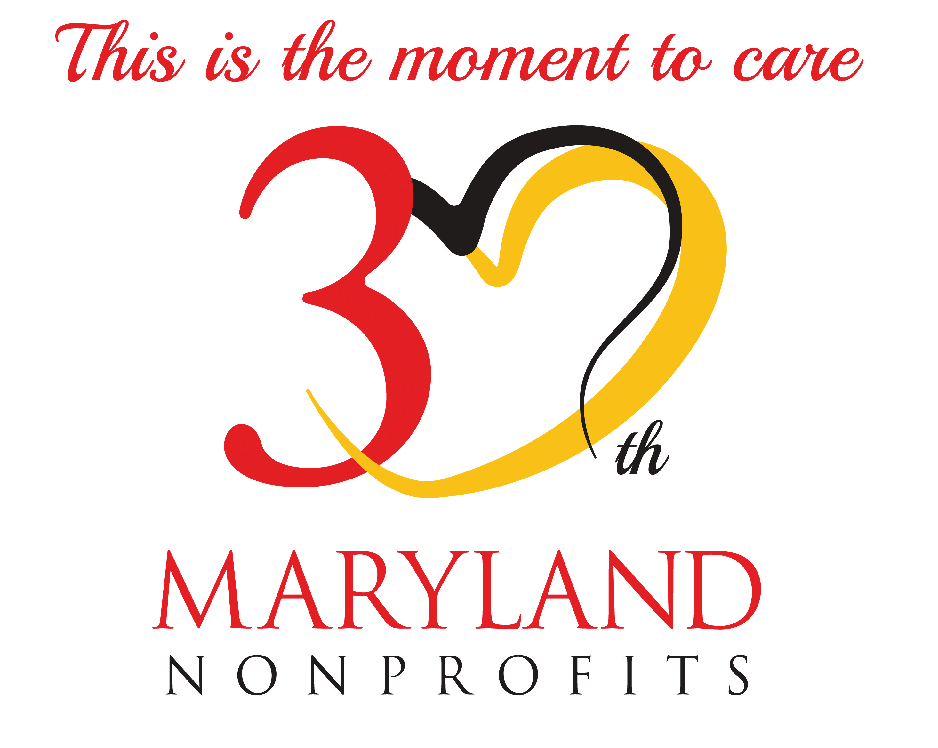
Jump-Starting Nonprofit Growth
Maryland Nonprofits
 Maryland Nonprofits’ Accelerator Program brings much-needed infrastructure assistance to organizations in need.
Maryland Nonprofits’ Accelerator Program brings much-needed infrastructure assistance to organizations in need.
Baltimore City is home to some 5,000 nonprofit organizations, many of which are small, grassroots entities that are big on solutions but slim on operating budget and infrastructure. Through its new Accelerator Program, Maryland Nonprofits will provide vital training and services to these nonprofits to help them build the capacity they need to succeed. While it is open to any organization in the state, the Accelerator Program is particularly focused on Baltimore City.
“A huge percentage of Baltimore City’s nonprofits run on less than $25,000 a year, and those organizations are overwhelmingly led by, and serving, people of color. We realized we needed someone focused entirely on the city, and the needs of these vital organizations,” says Peter Kirchgraber, Maryland Nonprofits’ first-ever senior program manager for Baltimore. “It’s a matter of equity.”
While there are sources of funding available to these organizations, without adequate infrastructure and financial reporting, they miss out on important growth opportunities. This creates a gap that disproportionately impacts small nonprofits run predominately by—and benefiting communities of—people of color. “Everything we do is informed by a justice, equity, and inclusion framework,” Kirchgraber continues. “Through the Accelerator, we want to make sure small and emerging nonprofits are fully able to access the potential funding available to them so they can deliver their programs and weather the challenges they face.”
The Accelerator Program will offer comprehensive capacity building services focused on the competencies critical to the ethical and effective management, stability, growth, and sustainability of nonprofits. Through the program, organizations can access everything from training, technical assistance, and strategic counsel to accounting, marketing, and fund development assistance.
To bridge gaps in staffing, the Accelerator will offer affordable back office services to cover a variety of mission-critical job functions. These scalable shared services will provide expert-level capacity at cost-effective rates, with reduced fees for qualifying organizations. The program will advance equity through targeted outreach to small, Black, Latino, and other people of color-led nonprofits, ensuring they have access and the opportunity to participate. This outreach will also include rural organizations, which may face additional barriers to accessing resources and funding.
“There is a multitude of organizations led by incredibly committed and creative people, but the needs they’re dealing with are so acute that they don’t always have the bandwidth to prioritize things like HR practices or effective board recruitment,” Kirchgraber explains. This lack of infrastructure is particularly critical when it comes to fundraising and grant-seeking, because having well-documented financials is essential to obtaining these forms of revenue.
“We recognize that donors are like investors; they want their donation to do as much good as possible – that’s their return on investment,” says Kirchgraber. “Even the best ideas must be backed up with financial resources, or your programs will wither on the vine. To get those resources, nonprofits need to show funders that they’ll be good stewards of their investment. That’s where we can help, in building the business infrastructure of an organization.”
According to Maryland Nonprofits’ senior program manager for Baltimore, Peter Kirchgraber, the Accelerator takes the deep bench of talent at the organization -which has worked for over 30 years to support and advocate for the state’s nonprofits- and applies those talents with renewed focus and energy.
Small, community-based nonprofits are typically very close to the challenges they are addressing, and they often have the solutions to bring about impactful change. With its Accelerator Program, Maryland Nonprofits will give those entities the tools and training needed for robust growth so they—and the causes they support—can flourish.